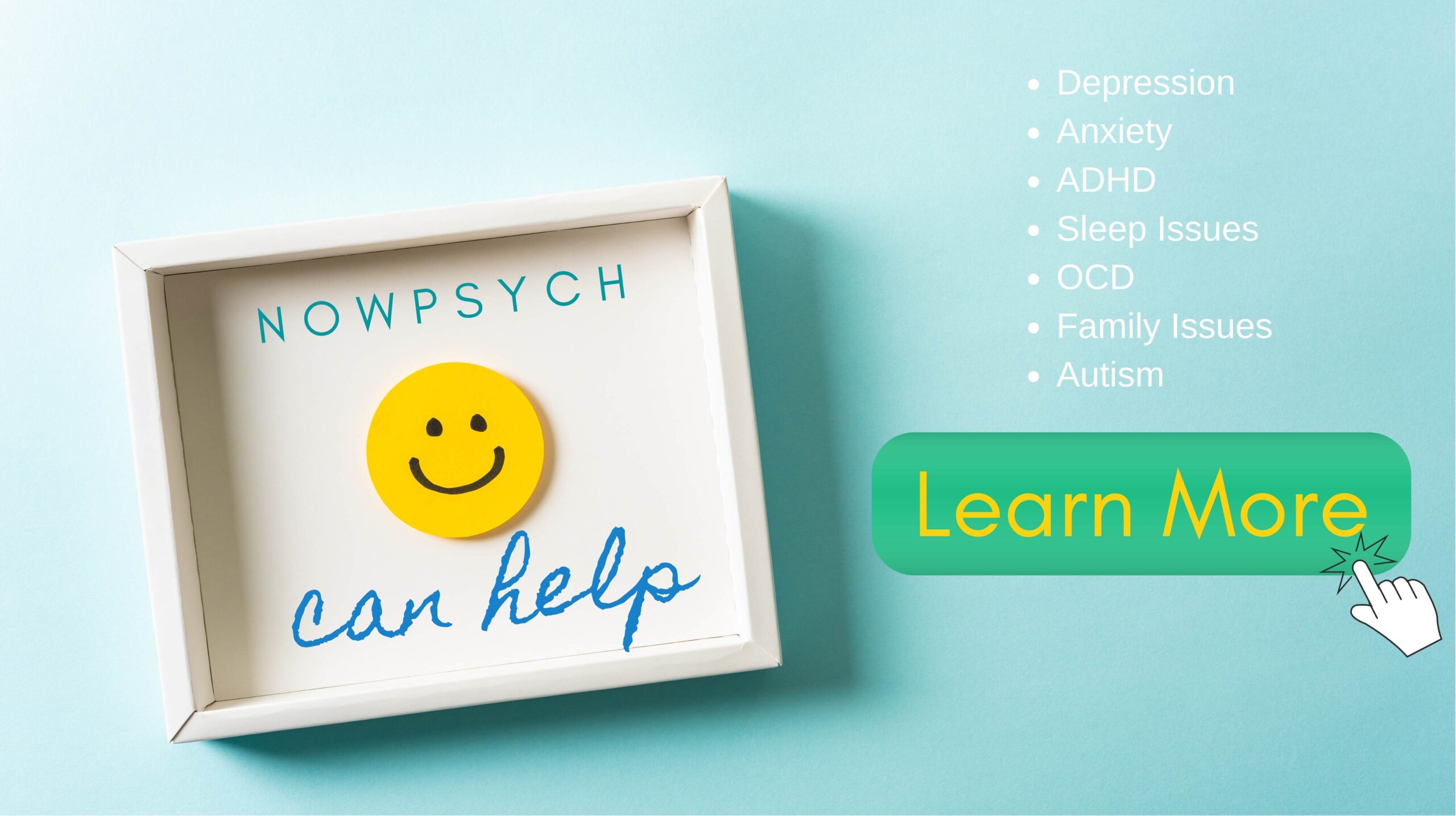How Can You Help Your Child with Depression?
In this article we will discuss:
- What is Depression and how common is it in children and teens
- How you can help them
- What causes depression in children and teens
About Child and Teen Depression
Depression is recognized among many adults, but can often be overlooked or misdiagnosed in children and teens. Persistent depression is seen in 3-5% of children and adolescents, with one study finding nearly 13% of teens having experienced at least one depressive episode. A person with depression experiences persistent sadness not necessarily attributed with a cause, lethargy, changes in eating and sleeping patterns, and sometimes suicidal thoughts. Parents of depressed children may feel helpless to support their child when they experience these symptoms, however there are certain things they can do to help.
How You Can Help Your Child With Depression
Helping My Child with Depression is a question that I get asked all the time, of course you want to help your child feel better! Here are some ways to do that:
Building communication channels with your child or teen is an important step in helping them overcome their symptoms. While the symptoms of depression are similar between children and adults, young children in particular have difficulties communicating what is wrong. Parents can teach their children what their signs might mean and how to properly recognize and label their physical and mental symptoms. Speaking with other people in the child’s life (a teacher or friend, for example) can also help parents understand the full spectrum of their child’s behavior.
Physical health is very important to maintaining psychological health. While sleep and appetite can be greatly impacted by depressive symptoms, parents can encourage healthy eating, physical exercise, and an appropriate sleep schedule. Parents can start small by taking their child or teen on a walk around the block and removing unhealthy foods like soda. In certain circumstances, parents may want to consult with a nutritionist to improve their child’s eating habits. Sleeping patterns should be made as consistent as possible and late-night distractors like a television should be removed from the child’s room.
What Causes Depression in Kids
While depression does not always have a direct cause, loneliness and low self-esteem can increase the risk of a child developing depression. Children should be placed in social groups when possible (although care should be taken with children who experience social anxiety). This could range from in-school programs like sports or music programs, or after school activities such as organized play dates or community art classes. Developing a skill in these types of classes can help increase self-esteem as well. Parents should monitor their child closely to see if these programs improve their child’s symptoms.
Some Final Thoughts on Child and Teen Depression
Studies show that children and adolescents are far better at recognizing depression in themselves than parents are at diagnosing their child. More often, parents recognize that something is the matter with their child but are not always accurate in understanding the exact diagnosis. Depression commonly co-occurs with other disorders such as anxiety, which can make diagnosis and treatment more complicated. A parent should consult with a professional who can better understand the symptoms their child is experiencing. From there, parents can follow the guidance of the counselor to maximize the help they are able to provide. In cases where parents recognize suicidal tendencies in their child or teen, professional help should be sought immediately.
If you need advice about depression in your child or teen, please schedule a consultation with Dr. Sean Paul here.






